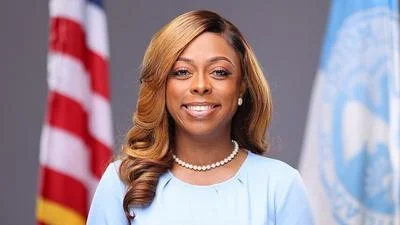State Representative Chris Miller (il) | Representative Chris Miller (R) 101st District
State Representative Chris Miller (il) | Representative Chris Miller (R) 101st District
The heated political climate in Illinois shows no signs of cooling down as tensions rise over a series of proposed bills filed by Democratic legislators. Critics argue that these legislative proposals reflect the radical direction of the state's Democratic leadership, potentially alienating constituents and prompting many to leave Illinois in search of more moderate jurisdictions.
The proposed legislation includes several bills drawing criticism from conservative voices. HB2827 aims to mandate declaration forms for homeschooling parents, while HB1083 calls for introducing gender-neutral descriptions in forest preserve district boards. HB1237 targets schools, requiring them to eliminate all Native American-related imagery by 2030. HB1600 addresses third-party food delivery services, allowing consumers the option to request single-use foodware. HB3332 provides parole eligibility for individuals sentenced for crimes committed as minors after ten and twenty years for murder. Lastly, SB1784 proposes raising the age for juvenile detention.
Detractors label these bills as indicative of the "reckless policies" drafted by Democrats, alleging that these measures have severe implications for state management, covering issues from education to public safety and taxation. Furthermore, they accuse Governor J.B. Pritzker and his administration of neglecting effective policy governance.
Critics contend that the state government's approach is steering Illinois towards socialism, suggesting that Governor Pritzker prioritizes illegal immigrants over Illinois residents. They also allege that the pursuit of universal income and healthcare initiatives might damage the state economy.
Simultaneously, Chicago's mayor is exploring unconventional methods to tackle the city’s crime rate, proposing government funding to pay reparations to criminals. This initiative is framed within the broader dynamics of Chicago's progressive governance, drawing varied reactions from different political segments.
Political observers and policy analysts are closely monitoring these developments, adding fuel to the ongoing debate over Illinois' future and the paths being explored by its policymakers.






 Alerts Sign-up
Alerts Sign-up